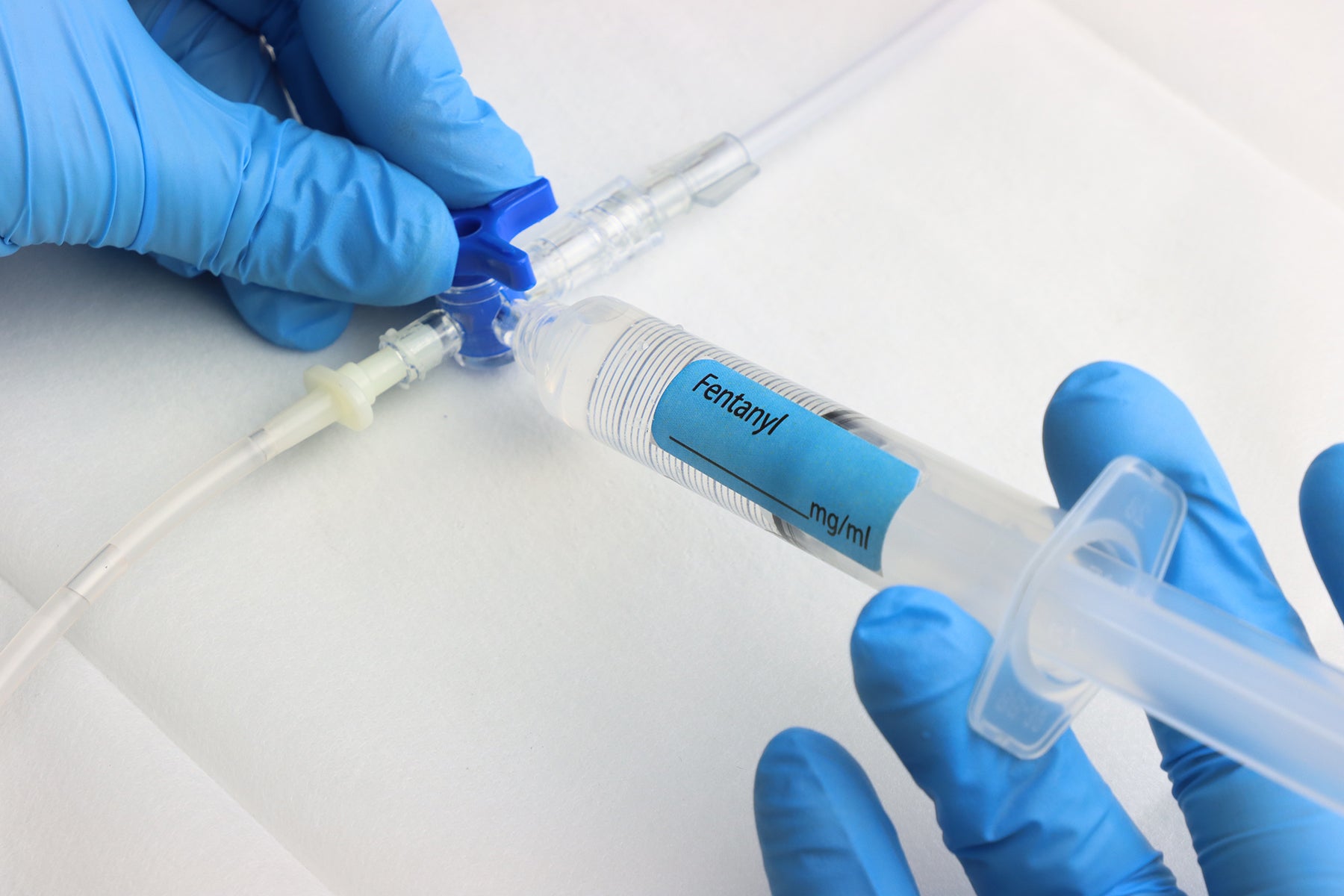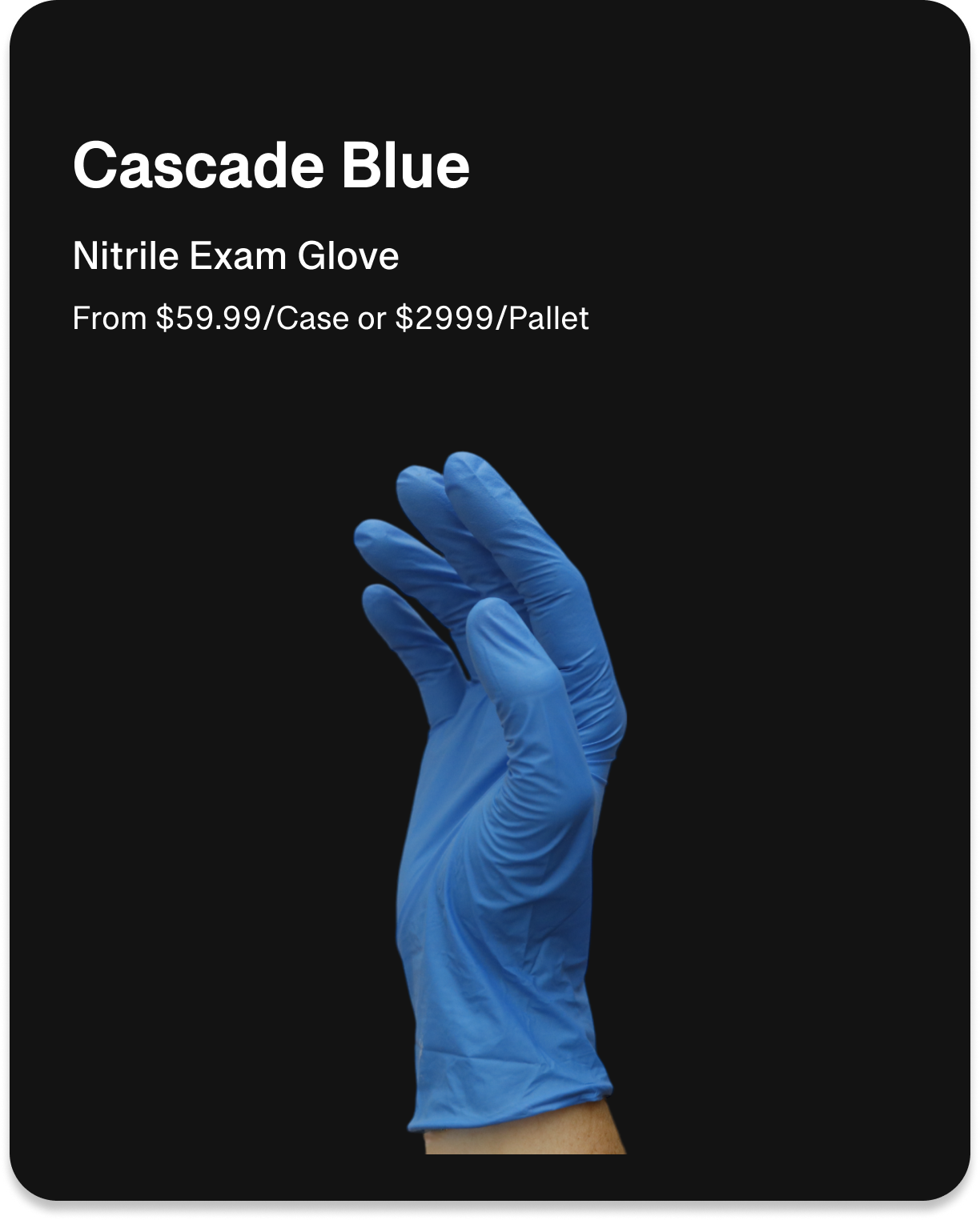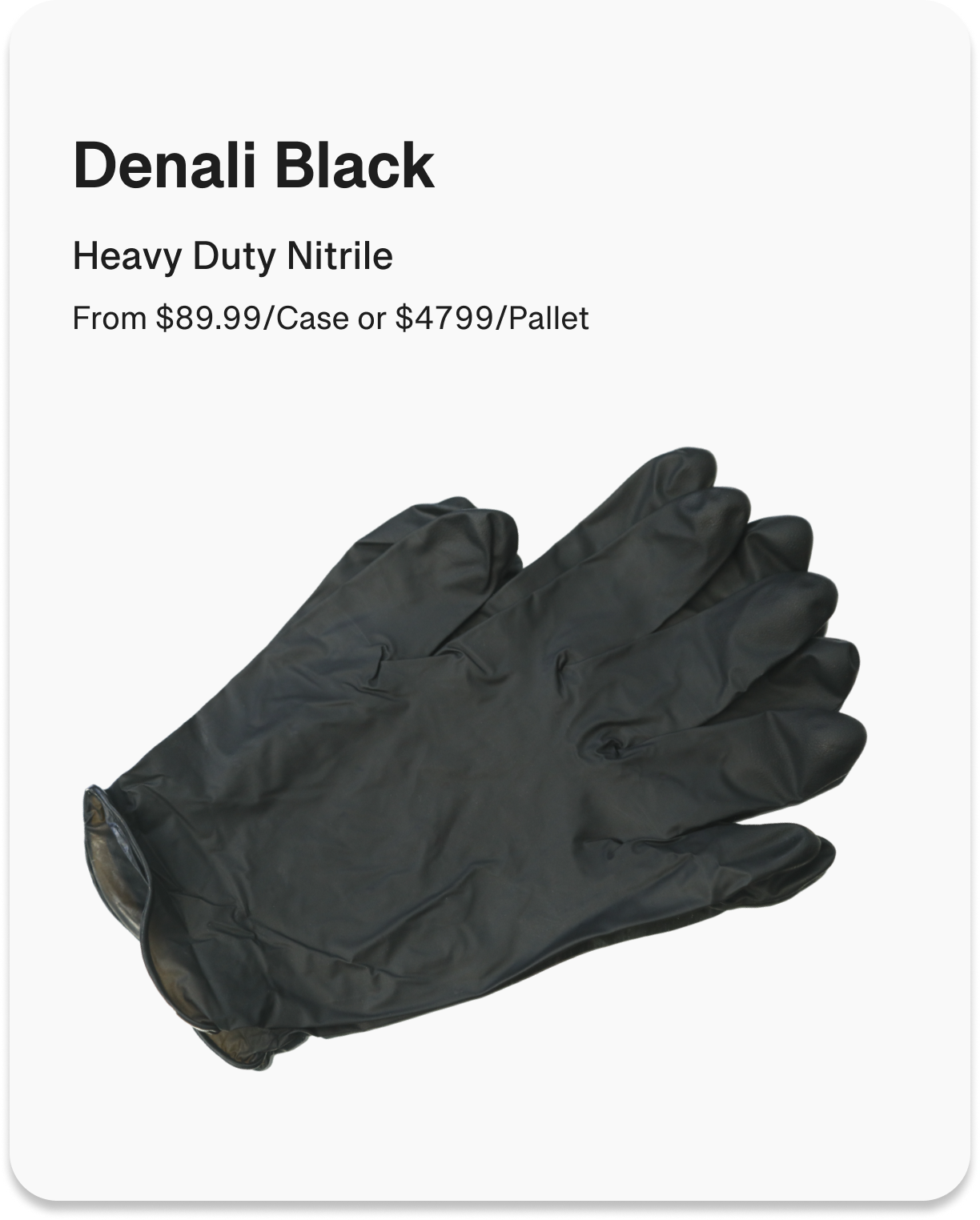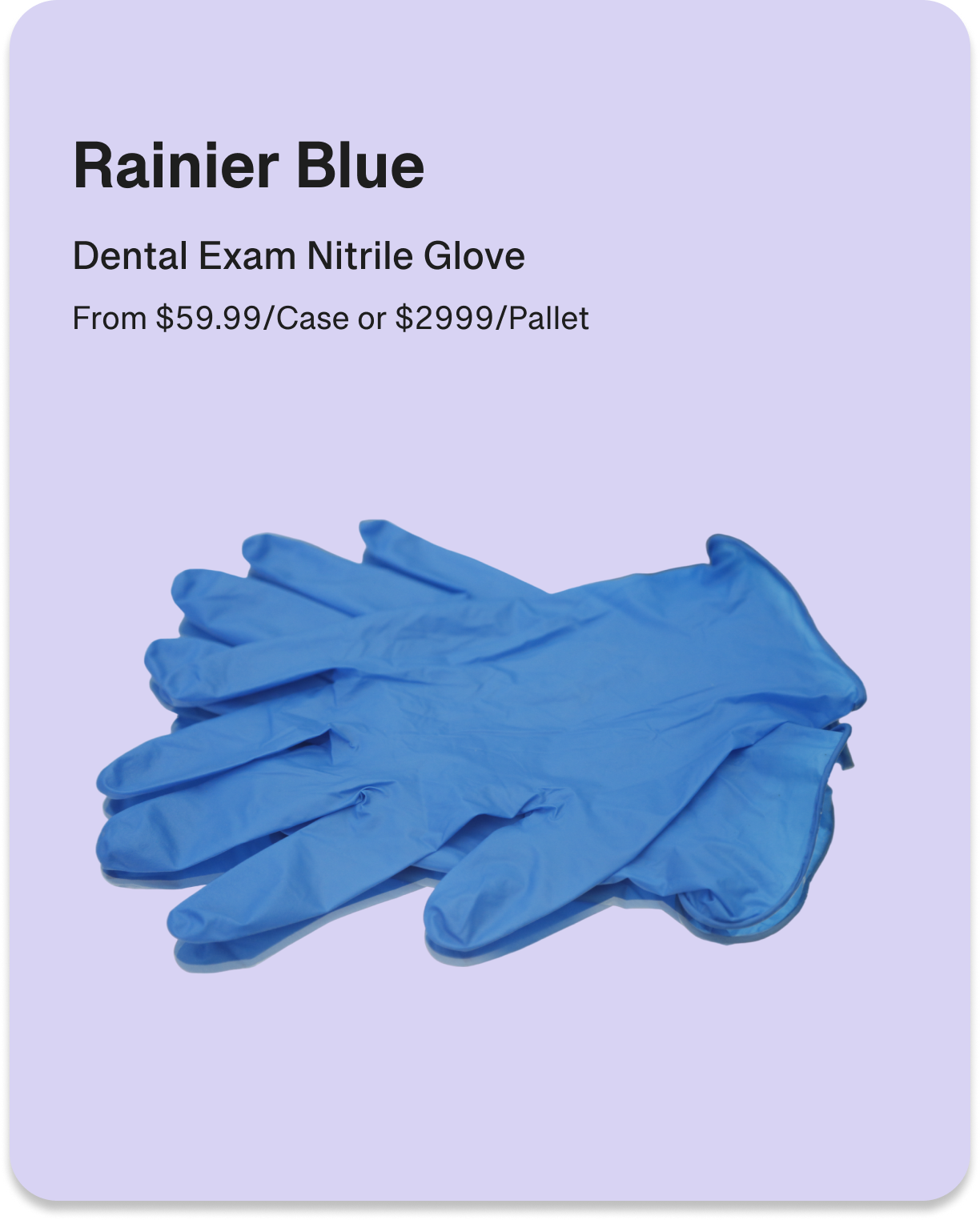
Fentanyl-Resistant Gloves: Essential Safety for First Responders
With fentanyl-related incidents and overdose deaths on the rise, the importance of fentanyl-resistant gloves has never been greater for first responders, law enforcement, and healthcare professionals. Fentanyl, a synthetic opioid, is up to 100 times more potent than morphine and 50 times more potent than heroin. Even a few milligrams—less than a grain of salt—can be fatal. For first responders who risk accidental contact with fentanyl, fentanyl-resistant gloves provide a crucial layer of protection.
In this guide, we’ll explore the unique risks posed by fentanyl, why specialized gloves are necessary, and what features make True Health US Chemo-Rated Nitrile Gloves a top choice for professionals on the front lines. Let’s dive into the essential features, certifications, and practical benefits of these gloves to help you make the best choice for protection.
The Rising Threat of Fentanyl Exposure
What is Fentanyl and Why is it So Dangerous?
Fentanyl is a powerful opioid initially developed for pain management, particularly for cancer patients. However, illegal fentanyl has proliferated in the illicit drug market, often mixed with other drugs like heroin and cocaine. Its extreme potency and low cost have made it a preferred additive for dealers, but it’s also a major driver of overdose deaths. The Centers for Disease Control and Prevention (CDC) reports that fentanyl and its analogs are now involved in over half of all opioid overdose deaths.
For first responders, the risk comes not just from encountering individuals who have overdosed but from accidental contact with the drug itself. Fentanyl can enter the body in two main ways:
- Skin Contact: Although fentanyl does not absorb immediately through the skin, prolonged or repeated exposure can lead to absorption and pose a serious risk.
- Inhalation: If fentanyl is airborne, even trace amounts can be inhaled, which may lead to overdose symptoms.
Because of these risks, the National Institute for Occupational Safety and Health (NIOSH) has recommended that first responders use PPE, including fentanyl-resistant gloves, when fentanyl exposure is a possibility.
The Role of Fentanyl-Resistant Gloves
Not all gloves can protect against fentanyl exposure. Some materials, like latex or low-quality nitrile, may allow fentanyl molecules to penetrate, especially if the gloves are not tested or rated for chemical resistance. Gloves that meet specific standards, such as the ASTM D6978 for chemotherapy drug resistance, are ideal for handling hazardous substances, including fentanyl.
True Health US Nitrile Gloves are specially tested to meet these standards, providing a proven barrier against fentanyl and other harmful substances. Here’s why they’re an excellent choice for professionals facing high-risk exposure.
Key Features of True Health US Fentanyl-Resistant Nitrile Gloves
-
Fentanyl-Resistant Protection
True Health US gloves are designed and tested to block fentanyl exposure. These gloves are engineered to prevent fentanyl molecules from penetrating the material, giving first responders the peace of mind that they’re protected, even during prolonged exposure.
-
Durable and Tear-Resistant
Made from high-quality nitrile, these gloves are exceptionally durable. They resist tears, punctures, and abrasions, making them suitable for the tough, unpredictable environments that first responders face. Whether handling sharp objects, dealing with rough surfaces, or in high-stress situations, these gloves won’t easily rip or fail.
-
Latex-Free Composition
For individuals with latex allergies, nitrile gloves are a safe alternative. They offer the same high level of protection without causing allergic reactions, making them an ideal choice for both the wearer and any individuals they may be assisting.
-
Dark Color for Visibility
True Health US gloves come in a dark color (such as black or dark blue), which makes it easier to detect any contamination by powdery substances like fentanyl. This feature is especially useful for law enforcement and healthcare settings, where visibility can help prevent cross-contamination and enhance safety.
-
Meets FDA and NIOSH Standards
These gloves aren’t just resistant to fentanyl; they meet the ASTM D6978 standards, designed specifically for handling hazardous drugs. Meeting both FDA and NIOSH recommendations, they’re trusted in high-stakes situations where maximum protection is critical.
How to Choose the Right Fentanyl-Resistant Gloves
When selecting fentanyl-resistant gloves, consider these essential factors:
-
Certification and Testing
Look for gloves that meet the ASTM D6978 standard, as this ensures the gloves are resistant to hazardous drugs, including fentanyl. Not all gloves undergo this level of testing, so check the product specifications to confirm that the gloves have passed appropriate tests for fentanyl exposure. -
Fit and Comfort
Gloves need to fit well to provide full protection. Gloves that are too loose or too tight can be uncomfortable, increasing the likelihood of removal or accidental slipping. A snug fit prevents the gloves from catching on surfaces and helps maintain dexterity, essential for tasks that require precision. -
Durability and Tear Resistance
First responders often encounter rough surfaces, sharp objects, and unpredictable environments. Choosing gloves that resist tearing and punctures is critical for maintaining consistent protection throughout an entire shift. -
Ease of Identification
Dark-colored gloves, such as black nitrile gloves, allow for easy identification of potential fentanyl contamination. White or light-colored gloves may make it harder to see powders, while black gloves allow for immediate visibility.
Best Practices for Using Fentanyl-Resistant Gloves
Having the right gloves is only part of the equation; proper use is essential to maximize safety. Here are some best practices:
-
Correct Donning and Removal Techniques
Improper glove removal is one of the most common causes of contamination. To safely remove gloves, pinch the cuff of one glove and pull it off, turning it inside out. Then, use your ungloved hand to remove the other glove in a similar manner, avoiding contact with the contaminated exterior. -
Avoid Touching Your Face
When wearing gloves, avoid touching your face, particularly your eyes, nose, and mouth. This minimizes the risk of transferring contaminants to sensitive areas where fentanyl could enter the body. -
Dispose of Gloves Properly
Used gloves should be disposed of in a designated biohazard or waste container. Never reuse disposable gloves, as this can lead to contamination. -
Consider Layering
In extremely high-risk situations, such as those with heavy fentanyl contamination, consider double-gloving. This extra layer adds protection and allows the first pair to be removed after contact, leaving a clean pair underneath.
Why True Health US Nitrile Gloves Are the Right Choice for First Responders
With the growing risk of fentanyl exposure, having fentanyl-resistant gloves is essential for first responders, healthcare providers, and law enforcement officers. True Health US Chemo-Rated Nitrile Gloves offer a high level of protection that’s trusted by professionals. These gloves meet rigorous safety standards, are tear-resistant, and come in a color designed for easy contamination detection.
Choosing the right gloves doesn’t just protect you—it protects those you serve. By investing in quality fentanyl-resistant gloves, you’re taking an essential step toward keeping yourself and others safe in a world where accidental fentanyl exposure is a real threat.
Conclusion
Fentanyl exposure is a serious and growing risk, but with the right PPE, you can protect yourself effectively. True Health US Nitrile Gloves provide a fentanyl-resistant barrier that meets high safety standards, giving first responders the confidence they need to do their jobs safely. Whether you're in healthcare, law enforcement, or emergency response, choosing the right gloves can make all the difference. For the best in fentanyl-resistant protection, explore the options at TrueHealthUS.com and equip yourself with the safety you need on the job.






